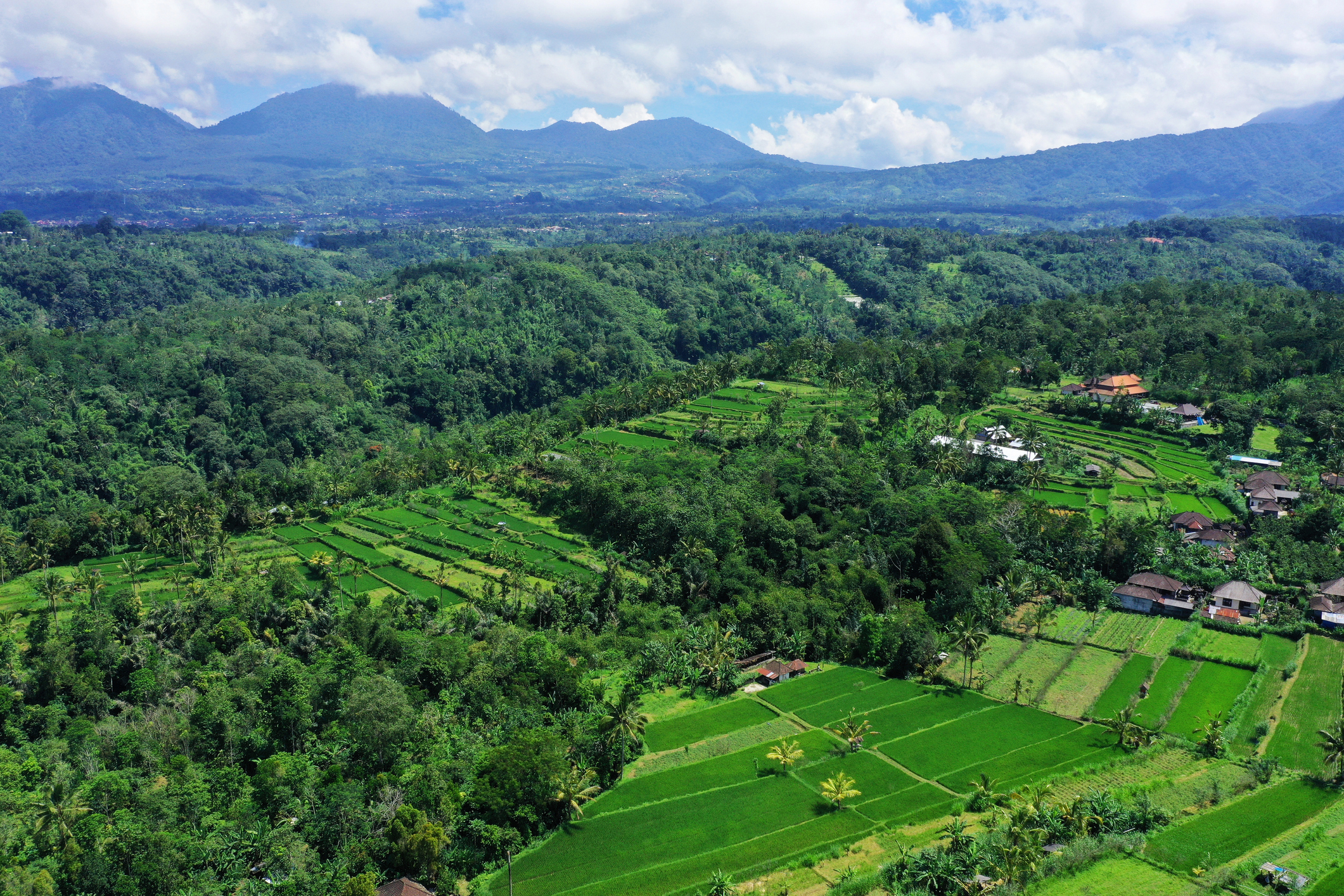Building and Nurturing Trust: The Foundation for Dialogic Conflict Resolution
 27 August 2025
27 August 2025
CRU Indonesia’s experience shows that trust does not appear spontaneously. It grows from transparency and the involvement of all parties from the very beginning. In many cases, formal processes only begin after conflicts have escalated. Yet, mediation built on transparency from the outset makes parties feel safe to share their interests and concerns.
Transparency means everyone knows the rules of the game. Maps of the area, ownership data, and timelines of events are shared openly rather than kept unilaterally. Involvement means that every party—from companies to local communities—is not only invited when decisions are nearly finalized but actively helps shape the process. In this way, no one feels “informed,” but rather “empowered to decide.”
This approach shifts public perception of mediation. It is not merely an “alternative” used when legal channels are blocked; it is a space for dialogue that restores relationships.
In land conflicts, where social wounds can pass from generation to generation, repairing relationships is as important as resolving the substantive issues.
In one case facilitated by CRU, for example, a plantation company and village residents had been mistrusting each other for years. The first meetings were held just to discuss how subsequent meetings would be conducted. While this may seem slow, it was precisely there that the foundation of trust began to take root. Residents saw the company willing to open its documents and listen to complaints. The company saw residents willing to sit down together even though differences remained unresolved.
As a result, the mediation process proceeded more smoothly. The agreement reached did more than delineate land boundaries; it also established a long-term communication mechanism. When heavy rains damaged some of the villagers’ crops, the company immediately provided replacement seedlings—a sign that their relationship had changed.
Trust, like a plant, must be sown and nurtured. It grows from soil watered with openness, strengthened by the roots of involvement, and bears fruit when parties experience the tangible benefits of their renewed relationship.
Today, when conflicts are often reported in tense tones, stories like these demonstrate that mediation is a social investment. It not only resolves disputes but also fosters the belief that dialogue can transform relationships—from mutual suspicion to mutual care.
Photo by Johanes Minawan Laksana.
